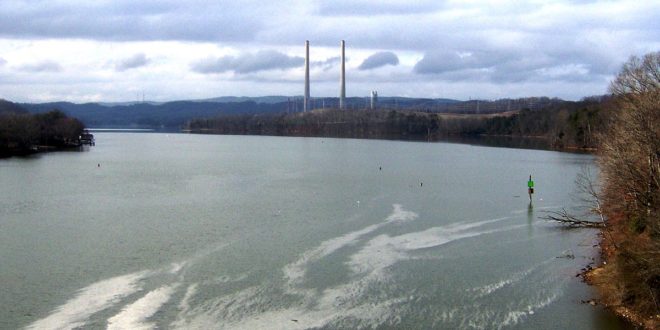Podcast: Play in new window | Download (Duration: 4:50 — 3.2MB)
A new report shows groundwater across the state is being contaminated by unsafe amounts of toxic heavy metals from coal ash.
The residue left over from coal-fired power plants, coal ash is either stored in large watery ponds or lagoons, or shipped away and buried. The Hoosier Environmental Council is warning that the latest data, provided by energy companies themselves, demonstrates these ponds are leaking toxic chemicals into the state’s groundwater.
Tim Maloney is the Senior Policy Director at the Hoosier Environmental Council, a non-profit environmental watchdog. Maloney says this is the first annual study that’s been conducted on the possible contamination of groundwater.
Coal itself contains toxic metals and chemicals. When the coal in a coal-fired power plant is burned, it’s turned to ash. Maloney says when the carbon in coal is burned away, it leaves most of these toxic metals.
This first groundwater testing of coal ash ponds’ contamination comes after a ruling by the Environmental Protection Agency in 2015. Maloney says the statewide tests of groundwater contamination show arsenic and toxic chemicals at multiple times the federal health advisory level in the groundwater at sites across the state. Most coal-fired power plants in the state are located along rivers and lakes. The coal ash from those plants is often buried along these water sources, in order to fill in the coal ash ponds, which is kept underwater in order to keep it from spreading through the air.
 WFHB Bloomington Community Radio
WFHB Bloomington Community Radio


